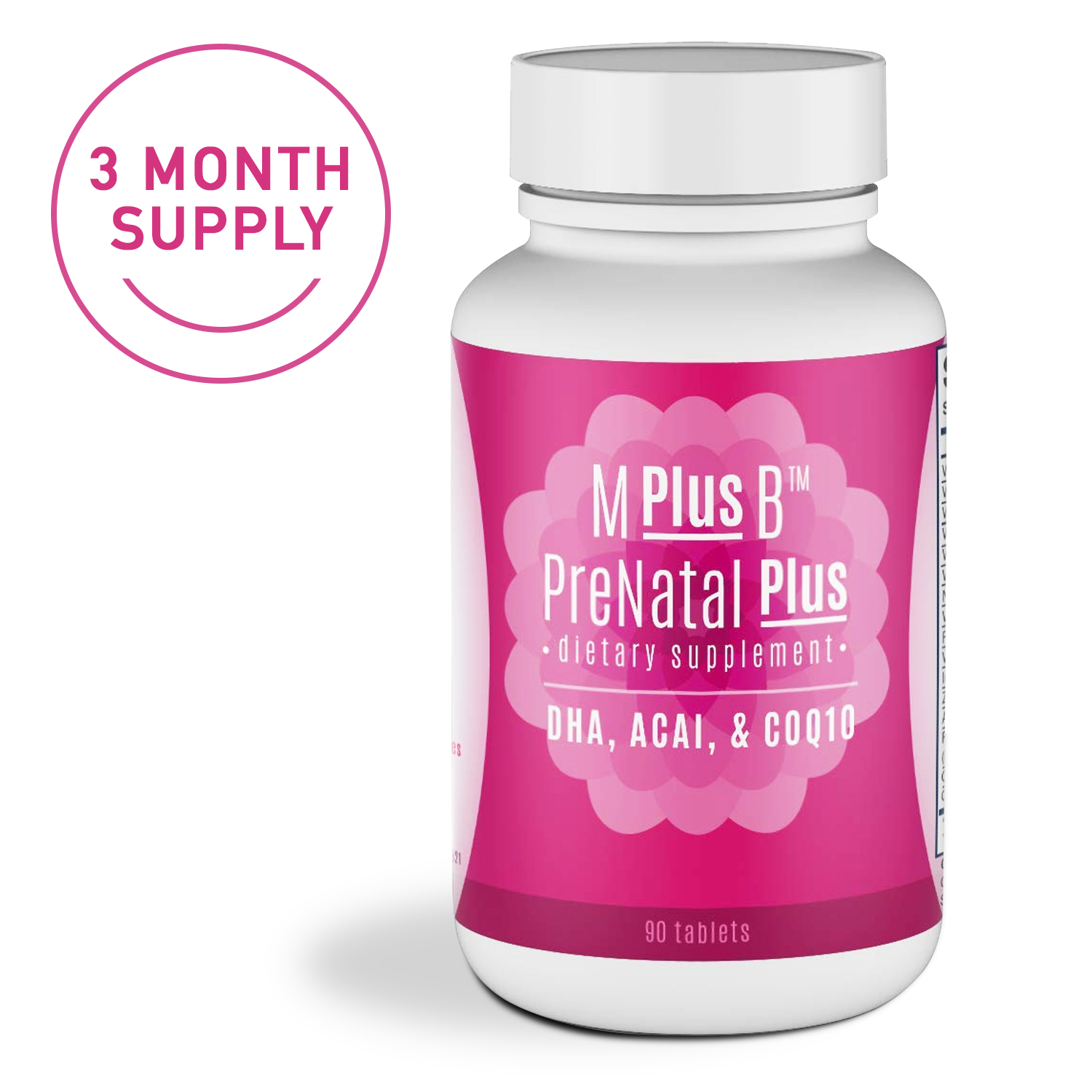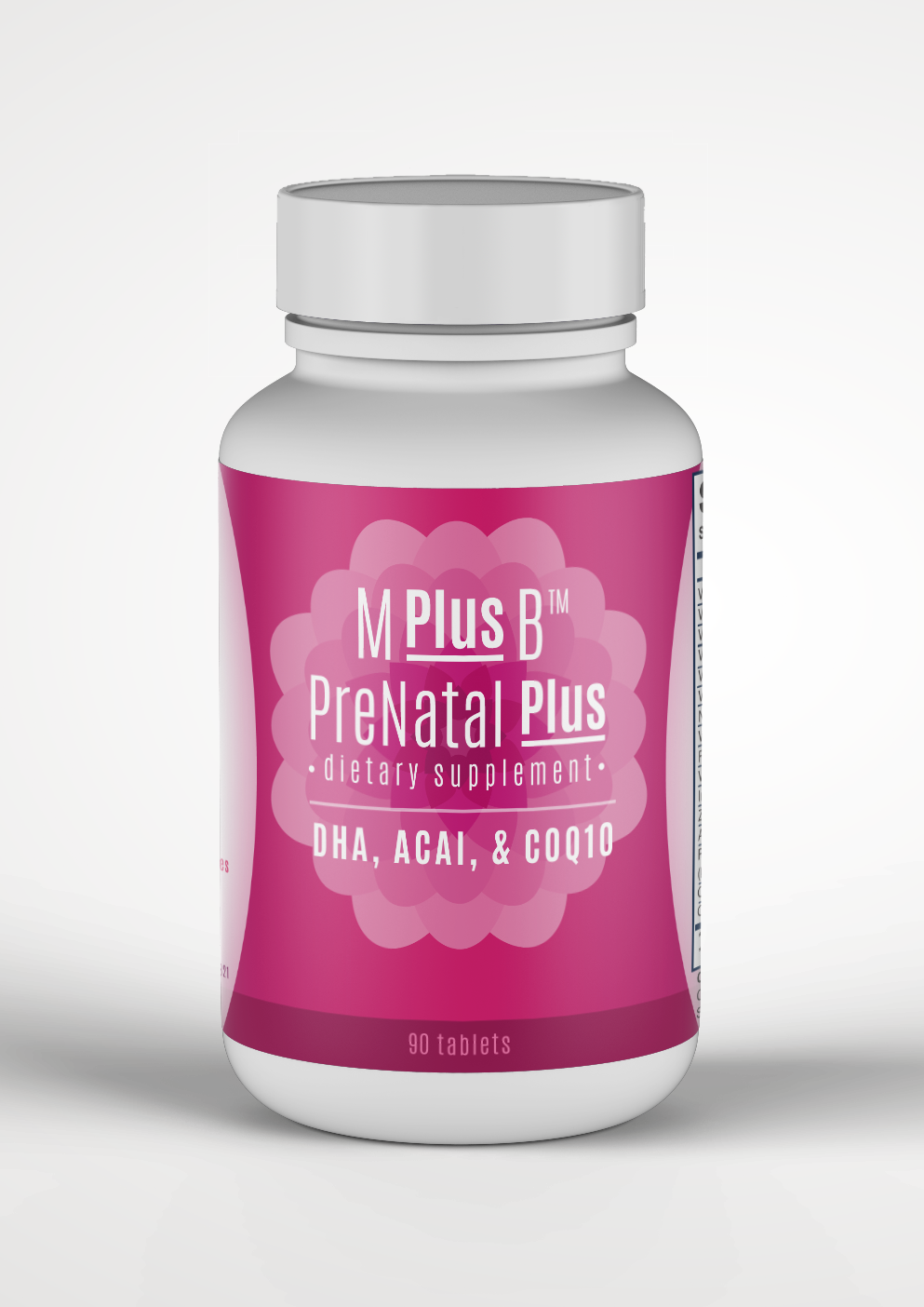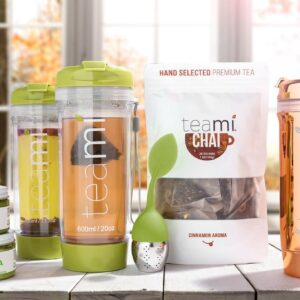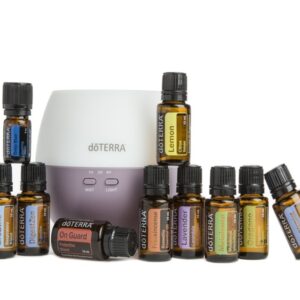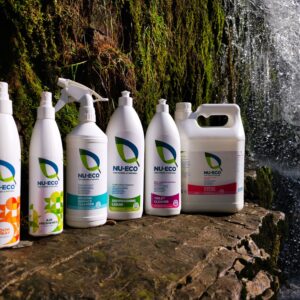Description
Frustrated? Overwhelmed? Confused? Are these words that describe your feelings about conceiving. They were words that described my feelings about conceiving for years. After years and years of trying to conceive with no luck I turned to modern medicine to fix my problem. However, these procedures did not work for me. The probability of these procedures being successful was very low due to my age.
My husband and I married later in life, so we had that factor against us. I went through several rounds of Clomid, multiple polyp removal surgeries, several rounds of IUI and then a few rounds of IVF. After years of these failed treatments I was desperate to try something different. After a great deal of research, I learned a lot about vitamins and supplements. I was skeptical at first but what did I have to lose, right? I turned to a natural approach that consisted of vitamins and nutrients along with a balanced diet and regular exercise.
I began taking Co Q 10 which I read was supposed to help with enhancing female fertility. That summer I attended a wedding where I met a couple that was struggling with the same issues. They told me about their doctor who was doing a study on the benefits of Acai Berry for fertility. Once I realized Acai Berry is known to support good quality ovulation and to help protect the follicle as it develops, I was sold! After only two months of my new regimen I was pregnant at 44 years of age! Naturally! I was a believer in vitamins, supplements and a healthy lifestyle! While taking this regime I kept telling my husband that someone should make a prenatal with all of these important ingredients in it so a woman could take a single pill per day. I was taking a number of pills three times a day! One pill one time a day would have been music to my ears!
Our research taught us that women who are trying to conceive or are pregnant need more vitamins than other women. I was shocked to learn that the pre-natal I was taking and trusted was really not that great. It did not have high amounts of some of the vitamins and nutrients that I needed so I had to supplement with additional doses of DHA, Folic Acid and other vitamins. When we developed M Plus B, we focused on getting high enough concentrations of ingredients to help women serious about getting pregnant, ability to swallow, and insuring that there is no after taste. We also concentrated on DHA and extra folic acid in our pill.
DHA & EPA
DHA is an omega-3 fatty acid commonly found in fish oil. It is a major fatty acid in the brain, sperm, and eye. Pregnant women should be sure to take a daily supplement that provides a minimum of 300 mg of DHA at the very least.
DHA stands for Docosahexaenoic acid, which is an omega-3 fatty acid and found in conjunction with EPA (Eicosatetraenoic acid). DHA is beneficial for neurological health and is added to prenatal vitamins for the central nervous system and optical development of a fetus. DHA is highly recommended for both pregnant and breastfeeding. Consider this research:
A 2004 study published in Child Development found that babies whose mothers had high blood levels of DHA at delivery had advanced attention spans into their second year of life. During the first six months of life these infants were two months ahead of babies whose mothers had lower DHA levels. A 2003 study published in the journal Pediatrics showed children whose mothers took a DHA supplement during pregnancy scored higher on intelligence tests at four years of age than children of mothers not taking DHA supplements.
Acai
The acai berry has been found to be richer in antioxidants than any other fruit or berries known. The acai berry is composed of antioxidants, hundreds of times more potent than any other fruit, as well as amino acids and omega fatty acids. Antioxidant-rich foods like acai and other berries will support good quality ovulation and protect the follicle as it develops.
It is the antioxidant property in the acai berries that is thought to have the positive effect of reversing poor egg quality.
CoQ10
Coenzyme Q10 (CoQ10) is a vitamin-like supplement that is suggested to enhance female fertility. Found in every cell of the body, CoQ10 is a part of the electron transport chain which is responsible for generating energy in our cells. Functioning as an antioxidant, it decreases the damaging effects of free radicals on the reproductive system.
It is believed that as we age, our naturally occurring levels of CoQ10 diminish. As a result, the processes that require high energy, such as those associated with fertilization and embryo development, are unable to work as hard – resulting in a lower efficiency within those systems. With less energy available for the “machinery” of the dividing cells, more errors can be made in the division of genetic information, leading to a higher rate of genetically abnormal embryos.
There has been considerable research into the effects of CoQ10 on overall egg quality. A recent promising study in mice found an improvement in the egg quality later in their reproductive years suggesting that supplementation of CoQ10 may be able to help overcome the natural decline of a woman’s fertility as she ages.
FOLIC ACID
Folic acid is a part of the B complex of vitamins. It is essential for many processes within the body including nerve function, the health of red blood cells, and the correct formation of DNA within each cell in the body which allows for normal cell replication.
Extensive research has proven folic acid protects against the development of spinal cord birth defects. Spinal cord defects, otherwise known as neural tube defect, affects 0.1-0.2 percent of pregnancies. Folic acid supplementation, started before pregnancy and continued until 6-12 weeks gestation, reduces the rate of spinal cord defects by nearly 75 percent. Because the greatest benefit of folic acid supplementation occurs prior to when many women realize that they are pregnant, Folic Acid should be taken by all women who could become pregnant.

